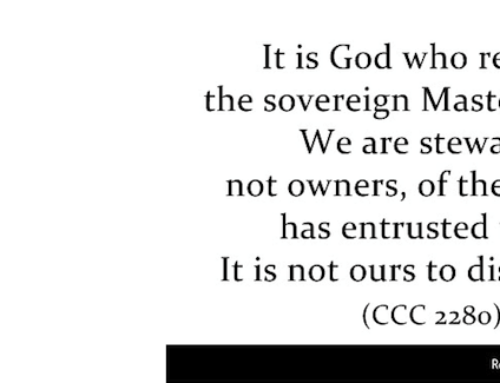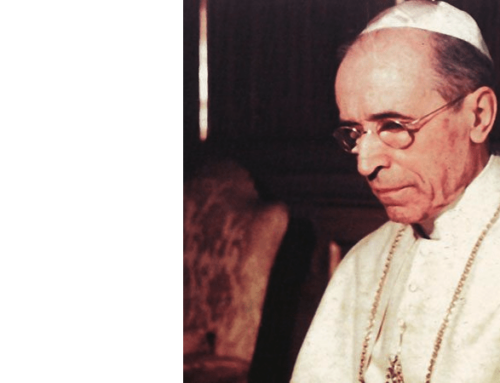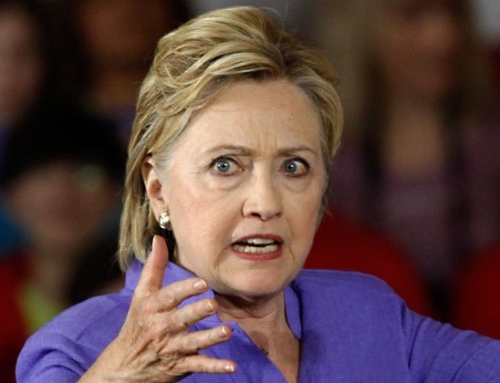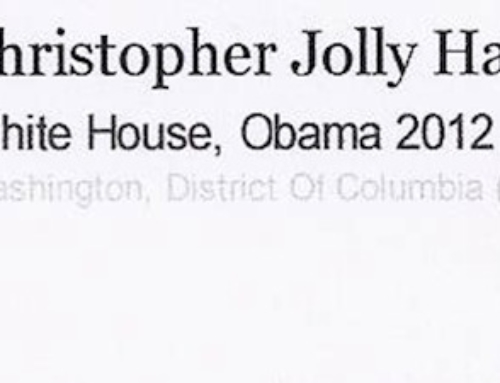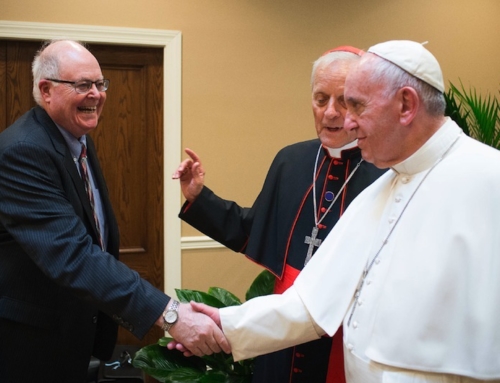by Bronwen McShea
(review of Daniel Goldhagen’s A Moral Reckoning, Catalyst 1/2003)
Daniel J. Goldhagen’s latest book, A Moral Reckoning: The Role of the Catholic Church in the Holocaust and its Unfulfilled Duty of Repair, purports to be a much-needed “moral philosophical” contribution to a troubled field of scholarship. Standing on the shoulders of other critics of Pope Pius XII’s wartime Church—James Carroll, Garry Wills, David Kertzer, to name a few—Goldhagen calls upon all Catholics to own up to the deep-seated antisemitism in their Church’s past which he calls “a necessary cause” of the Holocaust.
As Goldhagen’s “inquiry” proceeds, it becomes increasingly clear that his program for “moral reckoning” has less to do with the historical record of Catholic involvement in the Holocaust, criminal or otherwise, than it does with the author’s opinion of Catholicism itself—that it is inherently flawed, and must be reformed out of all recognition.
At first Goldhagen focuses his attention on the hypocrisy of a Church whose wartime leaders preached “love and goodness” but failed in many instances to exhibit Christ-like heroism in defense of innocent Jews. In his excitement over what he considers an insightful use of the Catholic “sins of ommission” concept, Goldhagen allows its definition to balloon to the point where he faults the Church for failing “to tend to the souls of the mass murderers and of the other persecutors of Jews.” One wonders what Goldhagen pictured in his mind when writing such a line: a toddling Hitler and Goebbels in kindergarten, given less tender, loving care by their nuns and priests than they deserved? Does Goldhagen honestly believe the Church was in a position to reach and reform all those who chose the demonic descent into Nazism?
The integrity of Goldhagen’s arguments seem less a priority than taking swipes at the Church wherever he can. How else can we explain his frequent demands that the Church be held to the highest of standards—to live Christian love and goodness to perfection—and his simultaneous suggestions that the very faith which is the lifeblood of such love and goodness should be rejected? For indeed, while he asks the question, “What would Jesus have done,” his contention that he is only concerned for Catholics to strive more fully in their faith quickly breaks down as soon as his program for a Catholic “moral reckoning” takes shape. Catholics, he proposes, to do right by the Jews, must effectively cease to be Catholics—must abandon their Scriptures, their Pope, and even the Cross itself.
“The Catholic Church has a Bible problem,” writes Goldhagen matter-of-factly in the latter part of the book. “The antisemitism of the Bible is not incidental to it but constitutive of its story of Jesus’ life and death and of its messages about God and humanity.” Adding that “the structure of the Gospels in particular is antisemitic,” Goldhagen proposes that the Pope and all those who teach the Catholic faith must teach as “falsehoods” some 80 “antisemitic” passages in Matthew, 40 in Mark, 60 in Luke, 130 in John, 140 in Acts, and so on. He then begs the question whether it would not also be just to demand that the Church expunge these several hundred passages from the Christian Scriptures.
Goldhagen defines as “antisemitic” any passage in the Bible which in any way implicates Jews in the death of Christ, or which in any way suggests that Christianity has superceded Judaism as the faith of God’s people. Apparently, we are supposed to reject as “null and void” the Gospels accounts of Judas’s betrayal of his Lord, Christ’s mockery of a trial before the Sanhedrin and His being handed over to the Roman authorities, and the crowds of men and women who cheered for Christ’s death sentence. Also, Goldhagen explicitly says that the phrase “New Testament” is itself offensive to Jews, as it implies the Old has been superceded or fulfilled by Christ’s divine mission. His suggestion to Rome for righting this offense? It must declare and teach every last Catholic that Christianity has in no way superceded Judaism, and it must “renounce the Church’s position that the Catholic Church is universal.”
For it was fervent belief in the universality of the Church, Goldhagen argues, which animated Christian persecutions of Jews in the past, and made Europe’s soil fertile for the Holocaust. Likewise, it was the Catholic identification of their Pope as the divinely-appointed leader of all Christians which encouraged them in “imperial aspirations” that were deadly for many Jews. Goldhagen’s recipe for “moral reckoning” in this area is for Catholics, first, to renounce the doctrine of papal infallibility, and to acknowledge that its “authoritarian structure and culture, undergirded by the infallibility doctrine, is inherently dishonest.” Second, the Church must “cease to be a political institution” and abdicate its rule over the Vatican city state. Additionally, the Church must stop its missions around the world, as missions are, in Goldhagen’s opinion, inherently “political” ventures designed to forward the Pope’s ultimate aim of acquiring “suzerainty” over all mankind. Lastly, this depoliticized Catholic Church must at every opportunity support and advocate for the interests of the state of Israel—this, Goldhagen believes, is the proper way of repaying a modicum of the debt Catholics owe the Jewish people.
It is perhaps when discussing the “political” nature of the Catholic Church where Goldhagen strays into his most offensive diatribes. “Seen from the outside, and certainly from the vantage point of a political scientist,” he writes, “Catholic doctrine, theology, and liturgy looks, historically and even today, more like the ideology of an imperial power, sometimes an antagonistic power, than a mere set of beliefs about God.” And an “antagonistic power,” of course, must be fended off by a society concerned for its well-being generally and the well-being of its Jews specifically. It is quite remarkable that Goldhagen feels so free to attack Catholic “doctrine, theology, and liturgy” in a book that is ostensibly about the Church’s comportment during the Nazi era. It is in such diatribes where Goldhagen shows his hand as a bigot whose concern is to actively undermine a faith he detests, rather than simply to seek justice for Jews in a manner appropriate to one who professes allegiance to the ideals of a pluralistic society.
At the heart of Catholic theology is the Crucifixion—the redemptive death of the God-man Christ, who was born of a Jewish virgin. The Crucifixion symbolizes many things for Catholics (not least the supernatural, self-sacrificing love and goodness Goldhagen reminds Catholics to imitate), but among them is the tragedy foretold in the Old Testament that the Messiah would be rejected by many of his own nation—the necessary, painful tragedy of the New Israel’s birth amidst the Old. Goldhagen, as a Jew, has every right as a free man to reject all such teachings about the Crucifixion, and every right to state his own belief in their error in a scholarly text on the subject. Yet he goes farther than this: he makes the inflammatory suggestion that the Cross, historically seen as “an antisemitic symbol and weapon,” is “all too likely to provoke further antipathy toward Jews.” Elsewhere in the book Goldhagen describes any such provocation as veritably criminal in light of the horrors endured by the Jewish people in the last century, and that the Church must take every step possible to avoid even “planting the seed” of antisemitism in any human heart.
We are left to conclude— though Goldhagen is not bold enough to state it outright—that Goldhagen sees it as a duty, or at least a welcome idea, for Catholic leaders to remove the Cross from their churches—inside as well as out. If he can call for the expurgation of Catholic Holy Writ, surely he is capable of calling for the removal of all Catholic sacred symbols from any wall, any steeple, if those symbols give any kind of encouragement to antisemitism.
Goldhagen, for all his moral outrage at one of the most criminal treatments of any religious group or people known to history, openly encourages the suppression of Catholic teachings, Catholic symbols, and even Catholic autonomy from the world’s political powers as it is entailed by the existence of the Vatican city state. How such a posture can benefit the cause of greater tolerance of, and accommodation for, any religious community is a great mystery which Goldhagen does not even attempt to answer in his fustian “moral philosophical inquiry.”
After reading A Moral Reckoning, it is very easy to see why Rabbi David Rosen, international director of interreligious affairs at the American Jewish Committee, a year ago criticized Goldhagen for his “unconcealed antagonism against the Catholic Church.” Rosen is among many Jews who are embarrassed and angered by Goldhagen’s imprudent, vicious posture against Catholics. Goldhagen is upsetting and retarding the already stormy (though recently fruitful) efforts by Jews and Catholics to arrive at better understanding of each other’s communities. Jews and Catholics alike rightly regard Goldhagen’s brand of “scholarship” as poison to productive dialogue and genuine moral philosophical inquiry.
The lukewarm to negative reviews the book has elicited from the critics have been its one saving grace. Even New York Times critic Geoffrey Wheatcroft threw up his hands at the close of his review and asked how Goldhagen “can in good faith plead with the church to abandon the very doctrines that define it.” Nevertheless, such critiques have not prevented the editors of the Times and other newspapers from naming A Moral Reckoning one of the “best books” of 2002. That the organs of the popular press react with such knee-jerk favorability to any book—no matter its merits—which attacks the Catholic Church is perhaps the most important lesson to be drawn from Goldhagen’s efforts. In a way, Goldhagen ought to be thanked for reminding us yet again that unabashed anti-Catholicism is alive and well both in the press and in the academy.
Bronwen Catherine McShea was a policy analyst for the Catholic League. She is now enrolled in a Master of Theological Studies program at Harvard Divinity School.


